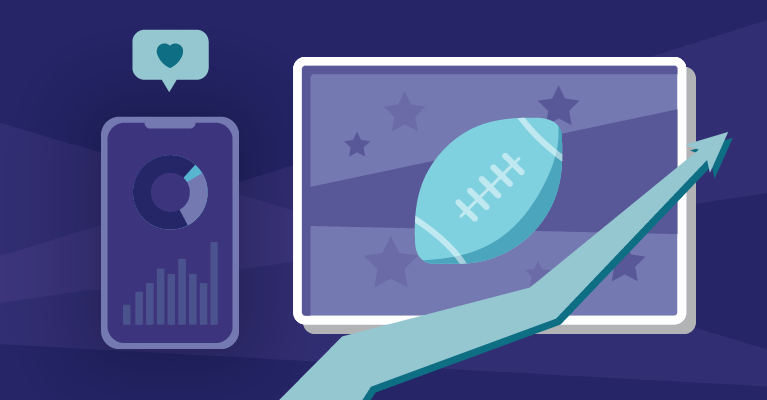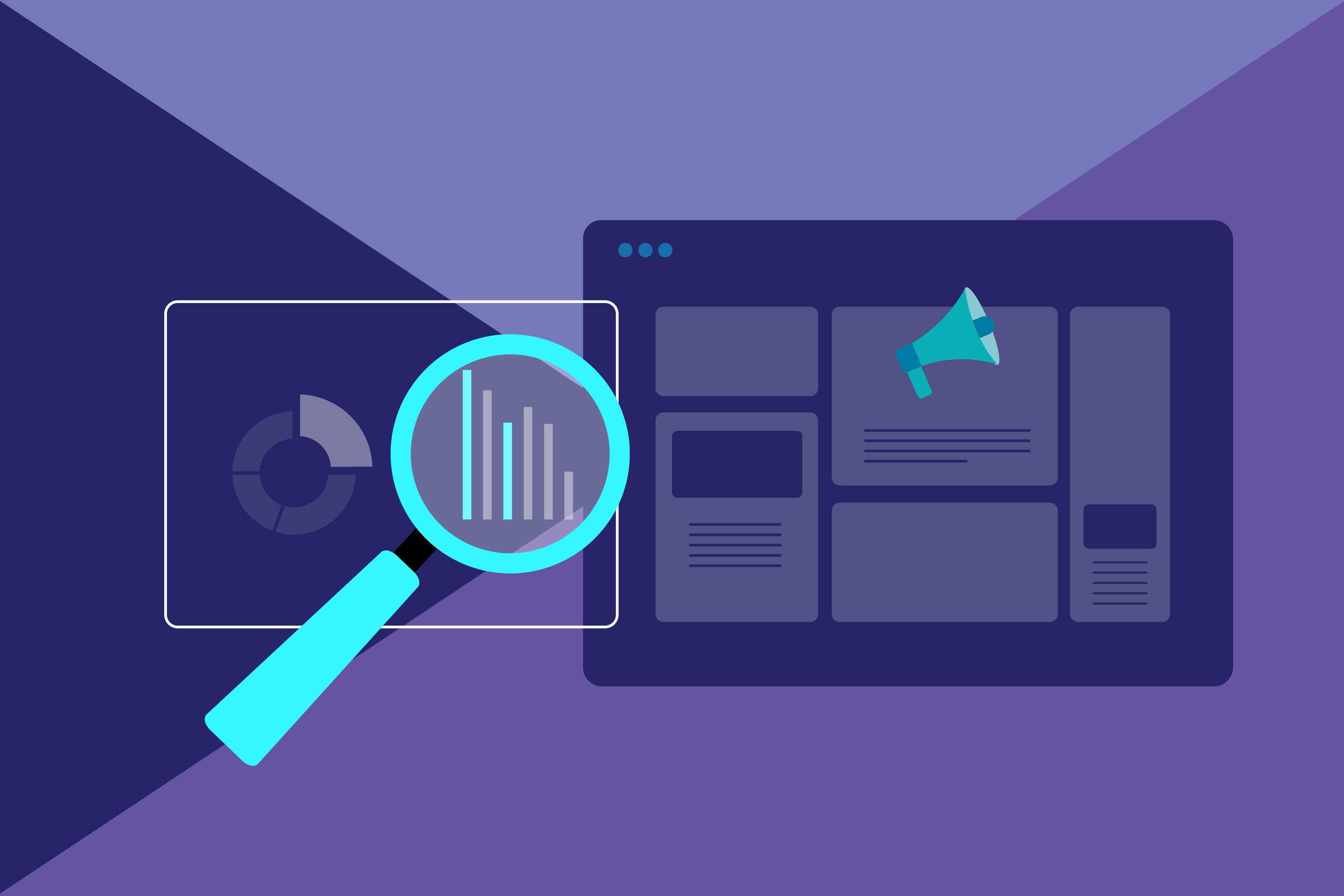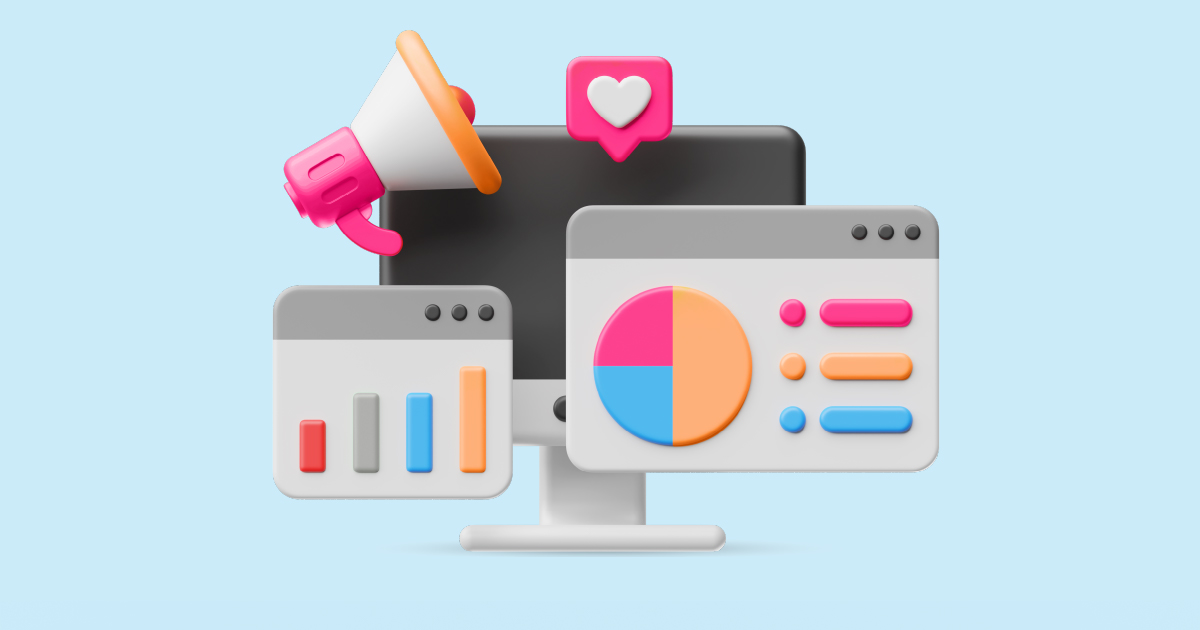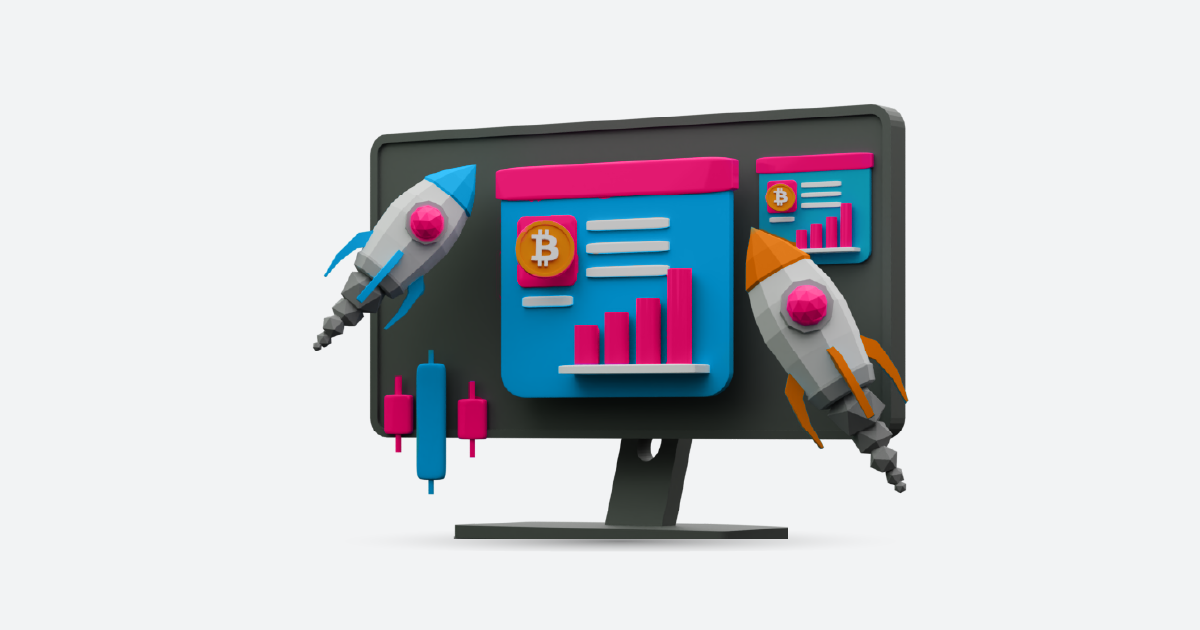In today’s digital age, staying ahead of the competition requires more than just a good product or service. It demands a deep understanding of market trends, consumer sentiments, and brand perception. This is where media intelligence tools come into play, empowering businesses to gather valuable insights from various media sources. Let’s delve into what these tools are and how they can revolutionize your marketing strategy.
Introduction to Media Intelligence Tools

Media intelligence tools are software solutions designed to track, monitor, and analyze various media channels, including social media, news outlets, blogs, and forums. They utilize advanced algorithms and data analytics techniques to sift through vast amounts of information and extract actionable insights.
Importance of Media Intelligence Tools
1. Understanding Market Trends
By monitoring conversations and trends in the media landscape, businesses can gain valuable insights into consumer preferences, emerging topics, and industry shifts. This enables them to adapt their marketing strategies accordingly and capitalize on opportunities.
2. Monitoring Brand Reputation
Maintaining a positive brand image is crucial in today’s hyper-connected world. Media intelligence tools allow companies to track mentions of their brand across different channels and promptly address any negative publicity or crises.
3. Competitive Analysis
Media intelligence tools provide valuable competitive intelligence by monitoring competitors’ activities, campaigns, and customer feedback. This enables businesses to identify gaps in the market and differentiate themselves effectively.
Types of Media Intelligence Tools
1. Social Media Monitoring Tools
These tools track mentions, hashtags, and conversations across various social media platforms, providing insights into audience demographics, engagement levels, and sentiment analysis.
2. Brand Monitoring Tools
Brand monitoring tools focus on tracking mentions of a specific brand or product name across different media channels. They help businesses understand how their brand is perceived by the public and identify areas for improvement.
3. PR Analytics Tools
PR analytics tools measure the effectiveness of PR campaigns by analyzing media coverage, press releases, and journalist interactions. They provide valuable metrics such as reach, impressions, and sentiment to gauge the impact of PR efforts.
Key Features
1. Real-Time Monitoring
The ability to monitor media mentions in real-time allows businesses to stay informed about unfolding events, trends, and conversations that could impact their brand or industry.
2. Sentiment Analysis
Sentiment analysis tools categorize mentions as positive, negative, or neutral, providing insights into public perception and enabling businesses to gauge the effectiveness of their messaging.
3. Customizable Dashboards
Customizable dashboards enable users to visualize data in a way that is relevant to their specific goals and objectives, making it easier to track key metrics and trends.
4. Reporting Capabilities
Robust reporting capabilities allow businesses to generate detailed reports and share insights with stakeholders, facilitating data-driven decision-making and accountability.
Best Practices
1. Define Your Goals
Before investing in media intelligence tools, it’s essential to define clear objectives and key performance indicators (KPIs) to measure success effectively.
2. Choose the Right Tool for Your Needs
Not all media intelligence tools are created equal. It’s crucial to evaluate different options based on your specific requirements, budget, and scalability.
3. Interpret Data Accurately
While media intelligence tools provide valuable insights, it’s essential to interpret the data accurately and avoid jumping to conclusions without proper analysis.
4. Implement Changes Based on Insights
Ultimately, the goal of using media intelligence tools is to drive actionable insights and improve business outcomes. It’s essential to use the data to inform decision-making and implement changes accordingly.
Future Trends
1. AI and Machine Learning Integration
The future of media intelligence lies in AI and machine learning technologies, which will enable more advanced analysis, predictive insights, and automation of routine tasks.
2. Integration with Other Marketing Tools
Integration with other marketing tools such as CRM systems, email marketing platforms, and advertising platforms will enable seamless data sharing and more holistic marketing strategies.
Conclusion
In conclusion, media intelligence tools have become indispensable for modern businesses looking to gain a competitive edge in today’s fast-paced digital landscape. By harnessing the power of data analytics and real-time monitoring, companies can unlock valuable insights, make informed decisions, and drive meaningful results. Are you ready to take your marketing strategy to the next level? Request a demo from AIM Technologies today and discover how our media intelligence solutions can revolutionize your approach to digital marketing.
FAQs
What industries can benefit from using media intelligence platforms?
- Media intelligence platforms are valuable across various industries, including retail, healthcare, finance, and technology, among others.
Are media intelligence platforms only suitable for large corporations?
- No, media intelligence platforms come in various shapes and sizes, with options available for businesses of all sizes and budgets.
How frequently should media monitoring be conducted?
- The frequency of media monitoring depends on factors such as industry dynamics, campaign timelines, and business objectives. However, regular monitoring is recommended to stay informed about relevant trends and conversations.
Can media intelligence platforms help with crisis management?
- Yes, media intelligence tools can play a crucial role in crisis management by providing real-time insights, monitoring public sentiment, and facilitating timely responses.
What is the ROI of investing in media intelligence tools?
- The ROI of media intelligence tools can vary depending on factors such as the effectiveness of implementation, the level of insights gained, and the impact on business outcomes. However, many companies report significant returns in terms of improved brand reputation, competitive advantage, and marketing effectiveness.




